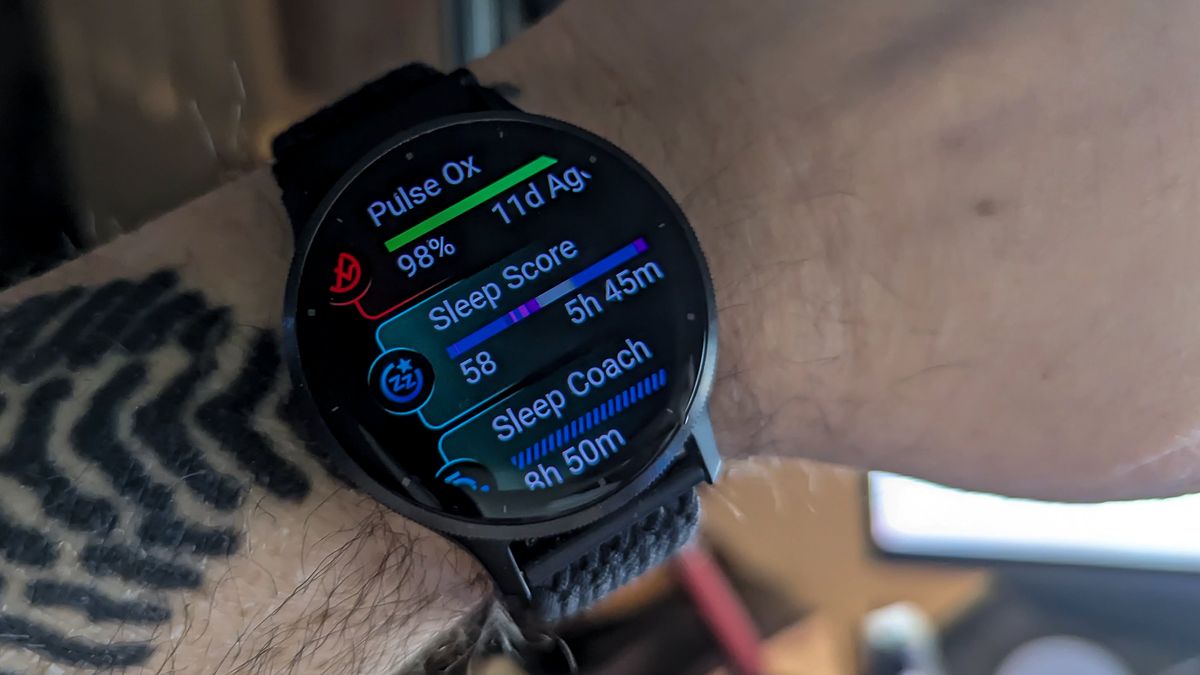Blue Ridge Behavioral Healthcare launched Prevent Problem Gambling in the Roanoke Valley this spring, designed to help people with gambling addictions as legalized betting increases.
In April 2020, the Virginia legislature passed HB4, which allowed five cities — Bristol, Danville, Portsmouth, Richmond and Norfolk — to open casinos. This law, which coincided with the rise of legal online sports gambling, also funded community service boards around Virginia to support treatment, recovery and prevention for problem gambling.
According to Blue Ridge Behavioral Healthcare, 2.5 million American adults meet the criteria for a severe gambling problem each year, while between 5 and 8 million meet the guidelines for a mild or moderate gambling problem.
Blue Ridge developed a website — preventproblemgambling.org — and accounts on Facebook, Instagram and X, formerly Twitter, to combat those statistics.
People are also reading…
“It’s important because of the lack of awareness,” said Ben Choate, a prevention and wellness specialist with Blue Ridge. “Our purpose is to provide awareness and education and help the community learn that [problem gambling] is an issue.”
TownNews.com Content Exchange The commercial gaming industry in America has reached new heights thanks to the adolescent sports betting market. In 2018, the Supreme Court authorized states outside of Nevada to offer sanctioned sports wagering, opening a new revenue stream for state and local governments. Since then, Americans across the country have wagered over $220 billion on sports, according to the
. 
The website contains four sections: a home page, a screener, resources and contact methods. The home page possesses a video outlining the importance of treatment, along with problem gambling statistics. The screener asks the respondent questions about their gambling habits. The resources section points the user to the National Problem Gambling Hotline and Gamblers Anonymous. The contact page provides national, state and self-help information.
Although Blue Ridge is unable to provide a clinic or a Gamblers Anonymous program, it focuses on educational resources. The website focuses on education and awareness, support services and tools and resources, according to Choate.
“We thought if we could provide some resources and awareness, and send people to resources that can offer help, that would be a good place to start,” Choate said.
Choate said Virginia lacks resources for those struggling with gambling addiction. His organization conducted a phone poll in summer 2023 that found a lack of awareness that gambling could cause harm, or that resources exist to help those who need them.
This, combined with more convenient gambling on skill games, mobile apps and sports betting, can lead to increased problem gambling.
“There is just access to a lot of different opportunities that we didn’t really have in 2020 that have become more prevalent, so we’re seeing more people start to gamble,” Choate said. “And then, of course, as more people are gambling, the more people are likely to develop an issue.”

Thirty-one of the nation’s 35 gaming jurisdictions increased their revenue in 2023, and 28 set annual revenue records. Three of the five states that grew the most—Nebraska (534.7%), Massachusetts (47.3%), and Ohio (42.3%)—began taking sports bets in 2023. The Cornhusker State’s growth is unsurprising, however, considering 2023 represents its first full year of casino gambling. Nebraska also opened its first retail sportsbook in June. It raked in almost all its revenue from slots, with three casinos contributing $85 million of $89.1 million via the machines. Sports betting and increased casino revenue drove much of the growth for the Bay State and the Buckeye State, landing them in the #4 and #5 spots, respectively, based on national growth. Massachusetts and Ohio occupied the #9 and #4 markets, respectively, for sports betting. In addition, Boston’s commercial casino growth came in at 4.1% and $759.9 million in revenue, and Cleveland casinos grew a bit more at 5% over the past year and piled up $768 million in revenue. Just the Las Vegas Strip, which grew at 7.2% over 2023 and earned $8.83 billion, outpaced the two when it comes to casino growth. With these contributions from sports betting and casinos, Massachusetts registered a total of $1.67 billion and Ohio $3.32 billion, making them #14 and #6, respectively, among states when it comes to revenue. Virginia—like Nebraska, a new gaming market in 2022—had the second-highest rate of year-over-year growth (98%) and ranked #16 among 33 states and the District of Columbia, while Oregon grew at the third-highest rate (53.1%) but was still #31. Mississippi (minus 3.5%), Indiana (minus 2.3%), and Florida (minus 0.4%) lost revenue compared to last year. The Magnolia State was
by Louisiana’s entrance into the online sports betting market, and the AGA also cited “
increased cross-border competition
“ from new Chicagoland casinos for declines in the Hoosier State. Story editing by Carren Jao. Copy editing by Lois Hince. This story originally appeared on ATS.io and was produced and distributed in partnership with Stacker Studio.
In 2022, Del. Sam Rasoul, D–Roanoke, introduced successful HB 1108, which amended the state code that requires public schools teach about addictive aspects of gambling. Just as public schools educate about potential dangers of alcohol and drug use, the law requires similar instruction about gambling.
“Traditionally, we have talked about addiction in the context of alcohol and drugs,” Rasoul said. “It is a similar chemical reaction — your body wants that hit — as looking to that next win on a gamble for the dopamine hit.”
Rasoul emphasized two important methods to help those suffering from gambling addictions, the first being prevention.
“That way, you know when you are crossing the line from spending some funds to entertain yourself, to having a physical need to go and make this bet,” Rasoul said.
The second method is erasing the stigma around addiction and seeking treatment.
“The important piece is for people to realize that it is an addiction that can happen, just like alcohol and drug addictions,” Rasoul said. “There are addictive behaviors around gambling and we need to be able to educate at a very young age that this can happen, especially since the fastest growing segment of addicted gamblers are the youngest in our society.”
Going forward, Rasoul said he would like to see reforms of advertising around the gambling industry, especially in relation to sports betting, legal casinos and the Virginia Lottery.
“While that is not a popular opinion in some circles, I believe, just as we have a prohibition on advertising with regards to tobacco, we should have a similar one around gambling — especially around some of the newer sports betting that we’ve implemented,” Rasoul said.
If anyone or a loved one is struggling with problem gambling or other forms of gambling addiction, Choate recommended calling the National Problem Gambling Hotline – 1-800-GAMBLER – or visiting preventproblemgambling.org.









